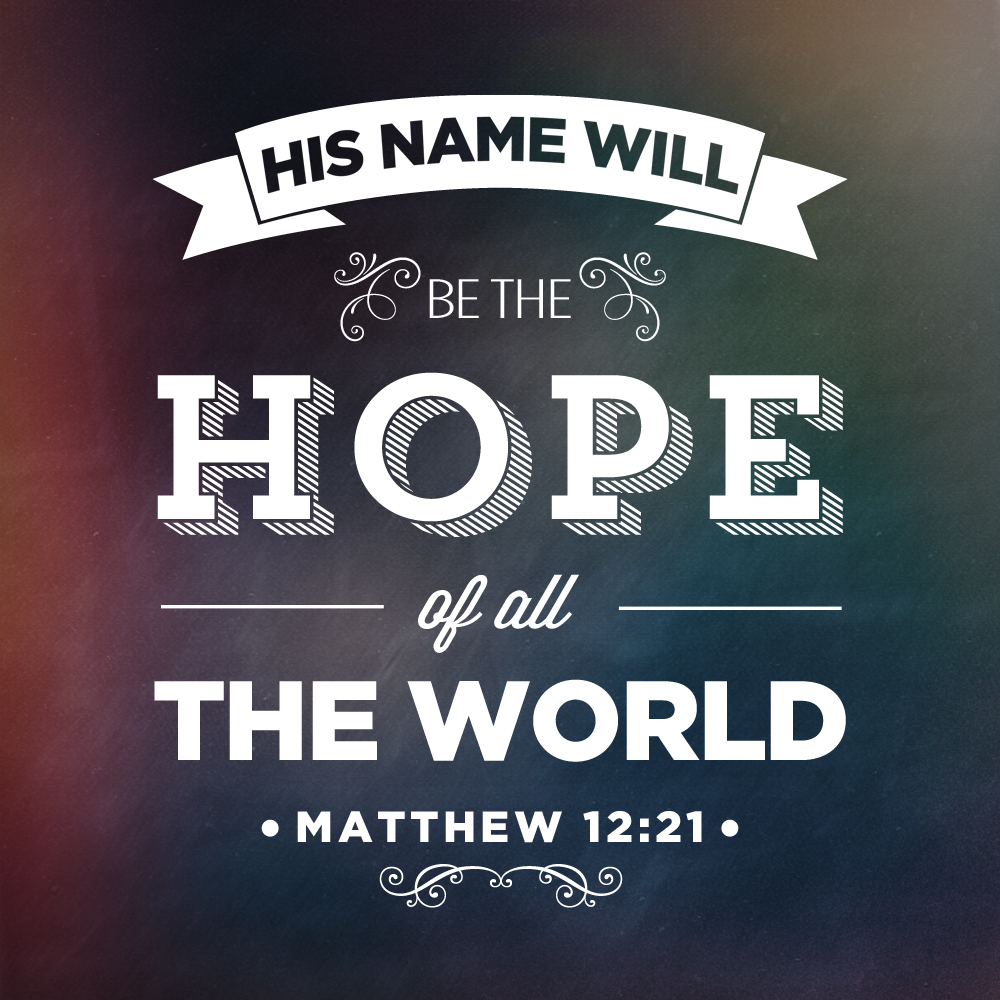Social gospel seeks to evoke the faith in people about God’s will and power to redeem the permanent institutions of our society from its inherited guilt of oppression and extortion. There is hope for our communities, our nations, and our world, through Jesus Christ. How the world is today, is not how it will be forever.
Jesus Christ can redeem our societies. Nevertheless, our sense of faith and salvation has fallen short of this concept. Some people believe that Jesus can save them, but then these same people think that it’s impossible to change the world. Some may feel that there is hope for them and for the members of the congregation to go to heaven, but they themselves think it’s impossible for heaven to come down on earth and transform human societies.
What was the faith of the old prophets like Elijah, Ezekiel, Isaiah, and Malachi? They believed in the salvation of nations, not only of individuals. Social gospel seeks to bring men under repentance for their collective sins, not just their individual sinfulness. Furthermore, it also seeks to create a way of social being that is under the Lordship of Jesus Christ.
People are moved when the pastor speaks to his congregation about child labor, the oppression of the weak, world hunger, education, or providing the basic rights to all mankind. From these words, we can infer we should be able to make a difference, to contribute to a certain cause. People are moved because they have learned from Jesus Christ what it means to have compassion for the poor and oppressed. However, once there are doubts and dissenting voices, we begin to hear words like, “the church has no saving power;” “we do not live for this world, but for the life to come;” “it is not the function of the church to deal with economic questions;” or “any effort to change the social order before the second coming of Jesus is doomed to fail.”
From these words, we can infer we should be able to make a difference, to contribute to a certain cause These objections are half-truths that came from a halfway system of theology, wherein there is no room for social redemption. The church is stuck between two schools of thought: on one side, the voice of the living Christ amid the living body of Christ today, and on the other, the voice of past ages of embodied theology. Similarly, Walter Rauschenbusch tells us that we need to be able to consolidate these differences and take a stand for what our mission on earth is truly about:
The strength of our faith is in its unity. Religion wants wholeness of Iife. We need a rounded system of doctrine large enough to take in all our spiritual interests. In short, we need a theology large enough to contain the social gospel, and alive and productive enough not to hamper it.
According to Deitrich Boenhoffer, all true theology begins in prayer and is centered on Jesus. Moreover, he believes that Christ is revealed not only through the preached Word, but also through the Christian community itself. Bonhoeffer defines the church in The Communion of Saints, as, “Christ existing as community.” He sees the Church as the earthly representation of God’s grace where sinners are welcomed, the wounded are healed, the oppressed are set free, and the poor receive the richness of God’s generosity and love.
Don’t miss out on our LIVE conference call as we discover learn about being the Prophet in the Marketplace.
Here are ways to join:
1) Call 515-604-9266
2) Go to startmeeting.com, and use the login: BishopJordan
Ask God for a vision for how He is redeeming your community.

